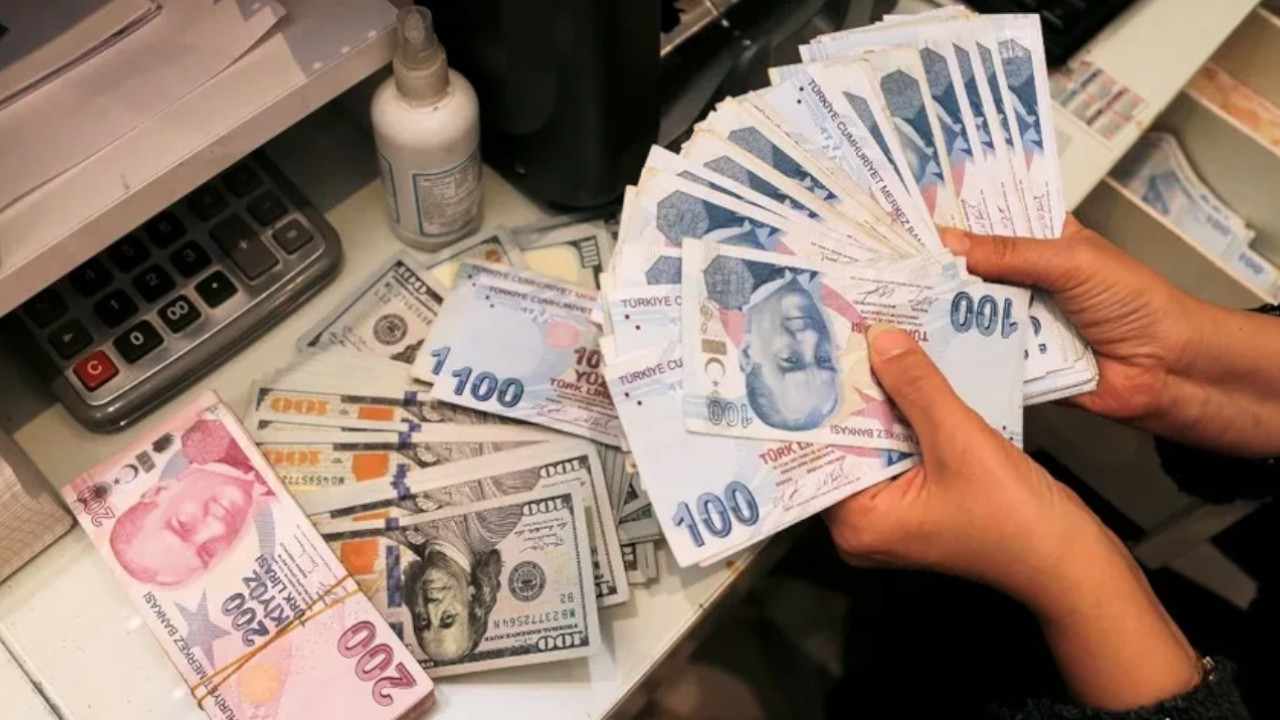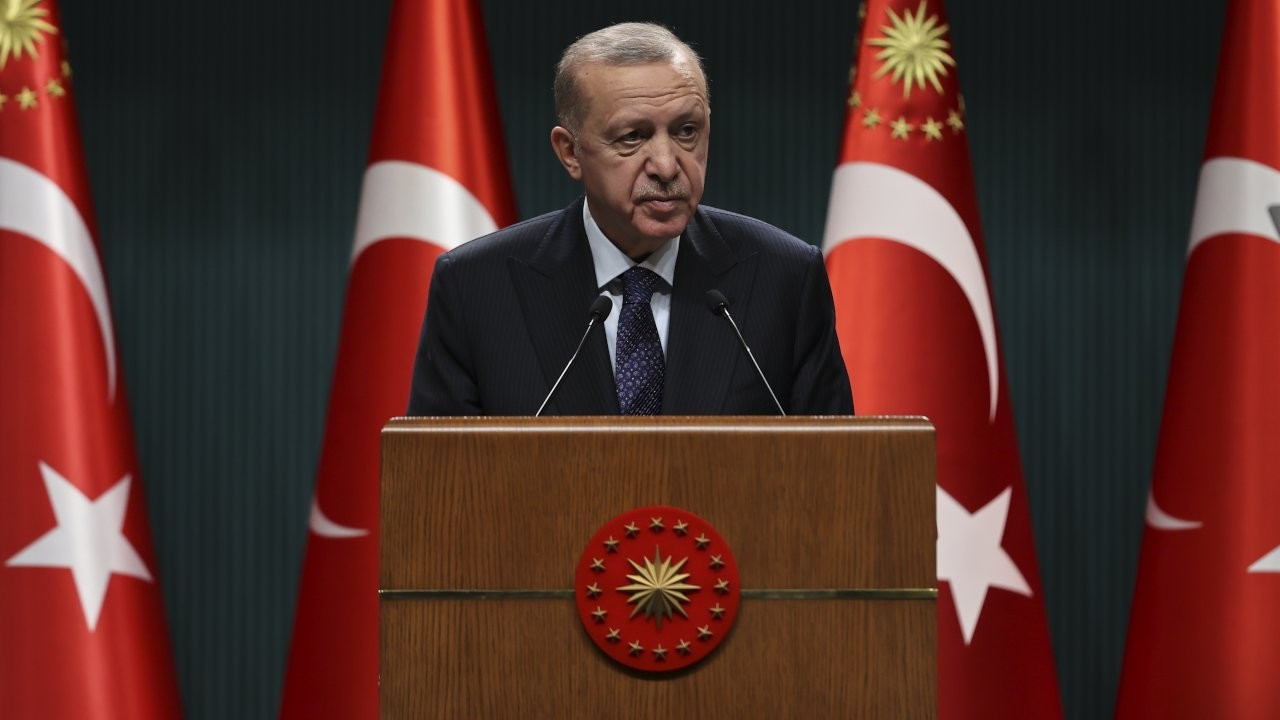S&P lowers Turkey outlook to negative, cites 'rising risks'
S&P Global Ratings has cut Turkey's credit outlook from stable to negative citing the plunging lira and rising inflation. The agency made no change in its ratings of Turkey's debt but warned that could change in the future.
Duvar English
S&P Global Ratings on Dec. 10 changed its outlook for Turkey's credit rating from stable to negative, as the Turkish economy's crisis deepens with the local currency's crash in value.
S&P pointed to both the soaring inflation and the lira currency's depreciation as risks in its
decision. "The negative outlook reflects what we view to be rising risks to Turkey's externally leveraged economy over the next 12 months from extreme currency volatility and rising inflation, amid mixed policy signals," the ratings agency said.
The agency made no change in its ratings of Turkey's debt but warned that could change if the government's policies "further undermined the exchange rate of the lira and worsened the inflation outlook, heightening the risk of banking system distress."
Turkish President Recep Tayyip Erdoğan has been interfering with the working of the Central Bank, pushing it to lower interest rates despite high inflation and devaluing currency.
This unorthodox approach has resulted in the Turkish lira plunging to a record low of 14 to the U.S. dollar, and Turkish citizens rushing to buy hard currency to protect their savings.
Earlier this week, Erdoğan said that Turkish people should be patient and trust his government's new economic model.
Speaking after a cabinet meeting on Dec. 8, Erdoğan said price increases in Turkey were being caused by greed and import prices, adding that he would not allow what he called the "major crime" of stockpiling in any institution.

 Turkey’s Central Bank injects US dollar into forex markets for third time this monthEconomy
Turkey’s Central Bank injects US dollar into forex markets for third time this monthEconomy Turkish lira slump hits displaced families in Syria's northwestEconomy
Turkish lira slump hits displaced families in Syria's northwestEconomy Erdoğan asks Turks to trust new economic model as lira weakensEconomy
Erdoğan asks Turks to trust new economic model as lira weakensEconomy Erdoğan says inflation, forex rates to come down with low interest ratesEconomy
Erdoğan says inflation, forex rates to come down with low interest ratesEconomy